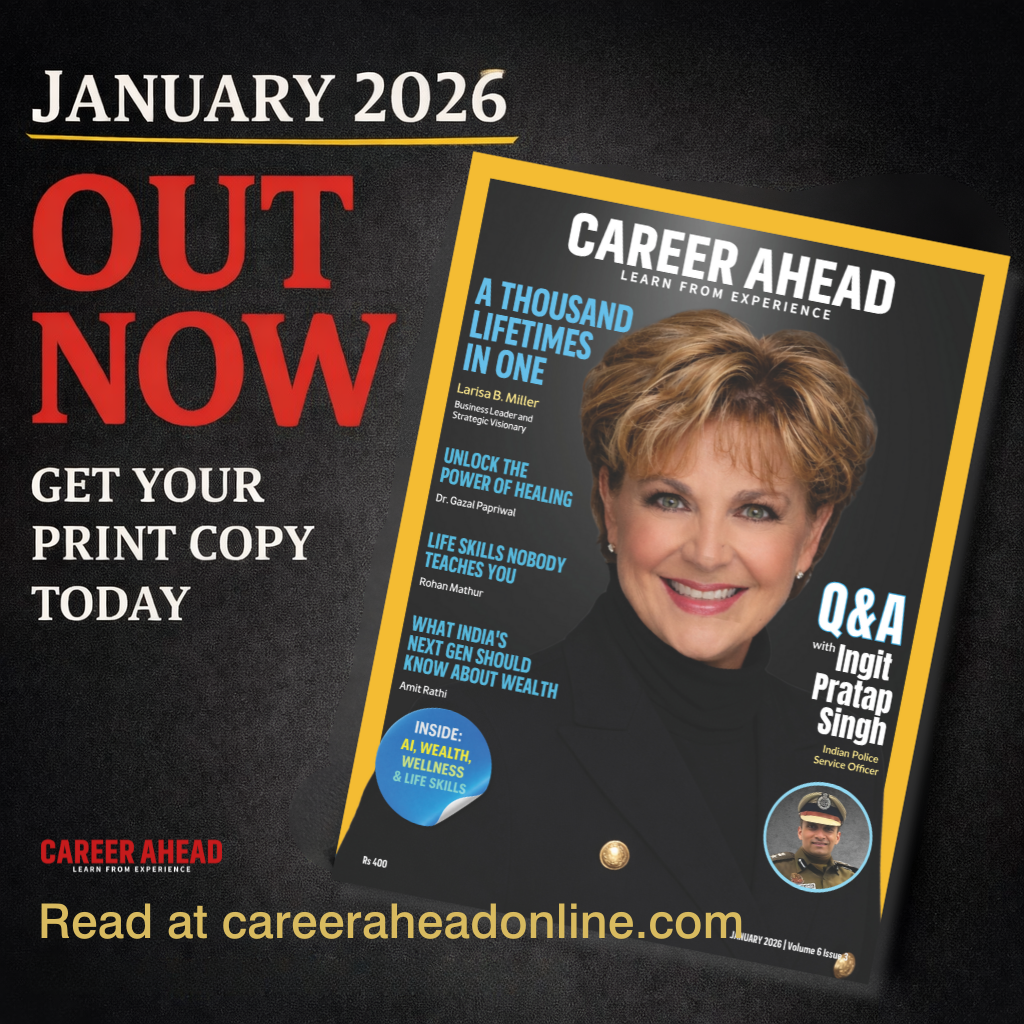No products in the cart.
UAE’s Gen Z Embrace ‘Mini Retirements’: A New Work-Life Balance Trend
UAE's affluent Gen Z are pioneering 'mini retirements' to reset their work-life balance. Explore how this trend is influencing global career dynamics.
In a world where the hustle culture often dominates, UAE’s affluent Gen Z are charting a new path with ‘mini retirements’. This trend, characterized by taking extended breaks from work to focus on personal growth and mental health, is gaining traction among young professionals seeking a balanced life. The concept of ‘mini retirements’ is not entirely new but is being redefined by this generation to suit their unique needs and aspirations.
understanding ‘Mini Retirements’
Unlike traditional retirement, ‘mini retirements’ involve taking multiple breaks throughout one’s career. This approach allows individuals to recharge and explore personal interests without waiting until the end of their working life. For UAE’s Gen Z, these breaks are not just about leisure but also about resetting their mental health and gaining new perspectives. According to a study by the World Economic Forum, young professionals are increasingly valuing experiences over material possessions, which aligns with the ethos of ‘mini retirements’.
 News
NewsDiplomats Highlight Cultural Commerce at 2025 Goa Film Festival Amid India’s Creative Sector Surge
At the 2025 Goa Film Festival, diplomats and industry leaders explored the intersection of culture and commerce, spotlighting India’s booming…
Read More →
The International Labour Organization (ILO) has noted a shift in career expectations among young workers, who are now more inclined to seek jobs that offer flexibility and personal growth opportunities.
The Global Context
Globally, the concept of ‘mini retirements’ is resonating with young professionals. According to a McKinsey report, there is a growing demand for flexible work arrangements that prioritize mental well-being. In India, where the youth population is significant, similar trends are emerging as young professionals seek work-life balance. The International Labour Organization (ILO) has noted a shift in career expectations among young workers, who are now more inclined to seek jobs that offer flexibility and personal growth opportunities.
Impact on Mental Health
Mental health has become a critical concern for Gen Z. The World Health Organization highlights that young people are increasingly prioritizing mental well-being over traditional career paths. ‘Mini retirements’ offer a proactive approach to managing stress and preventing burnout. A report by the American Psychological Association indicates that taking regular breaks from work can significantly reduce stress levels and improve overall mental health, supporting the rationale behind ‘mini retirements’.
 Artificial Intelligence
Artificial IntelligenceRevolutionizing Rehabilitation: The Role of AI in Physiotherapy
AI is revolutionizing physiotherapy with smarter rehab programs. Discover how technology is reshaping careers in rehabilitation.
Read More →Career Implications
For employers, this trend presents both challenges and opportunities. Companies that adapt by offering flexible work arrangements and sabbaticals may attract top talent. As Deloitte suggests, organizations that prioritize employee well-being are likely to see increased productivity and loyalty. The Society for Human Resource Management (SHRM) emphasizes the importance of adapting workplace policies to meet the evolving needs of the workforce, including the provision of ‘mini retirements’ as a viable option for employee retention.
Looking Ahead
As the trend of ‘mini retirements’ continues to grow, it invites a broader conversation about redefining success and work-life balance. For young professionals, it offers a chance to lead fulfilling lives without compromising career aspirations. How will you redefine your career journey? The future of work is being shaped by these emerging trends, and it is crucial for both individuals and organizations to adapt to these changes. As we look ahead, the dialogue around ‘mini retirements’ will likely expand, influencing policies and practices across various sectors.











